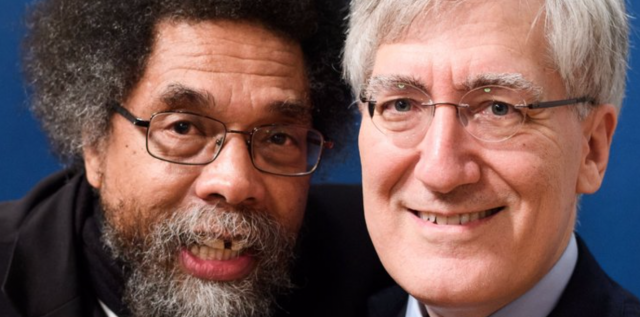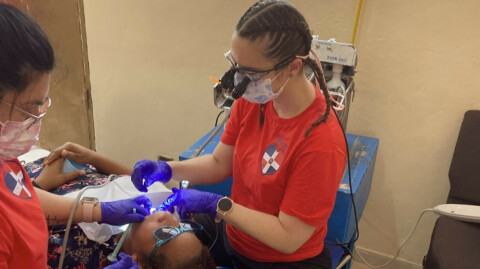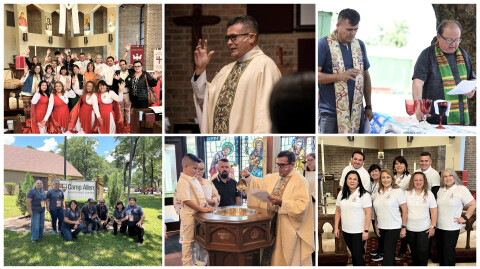Professors Robert P. George and Cornell West are as different as you may imagine. One has written a compelling defense for unborn rights, while the other is an open proponent of abortion rights. One is a well-known conservative whose wisdom provides commentary and gives weight to many Republican causes. The other is a frequent guest at liberal talk shows in mainline and cable stations. One if a strong Jewish State advocate, who is on the faculty of the Tikvah Scholars Program, while the other is a staunch supporter of Palestinian rights, whose criticism of Jewish abuses may have harmed his chances for tenure at Harvard University. One is the author of the New York Times best seller, “Conscience and Its Enemies: Confronting the Challenges of Liberal Secularism,” among other influential books. And the other is the NY times bestselling author of “Race Matters” and “Truth Matters,” among many other works. And the very well-documented list of ideological differences goes on.
Now, to be fair, these two professors have several things in common: First, they both have been professors at Princeton University for most of their professional careers. West is now at Union Theological Seminary, after leaving Harvard several years ago, but remains a Professor Emeritus at Princeton. George is at Princeton, while also speaking around the globe on a variety of conservative issues. Second, they are deep Christians, George in the Roman Catholic Church and West in the nondenominational Christian movement. Third, they are very close friends who have written together, traveled the lecture circle together, and whose love and respect for one another has become a model for bipartisan collaboration and civility throughout the country. Third, both men were keynote speakers at the Episcopal Diocese of Texas’ Clergy Conference a few weeks back. For more about Robert P. George, please go to https://politics.princeton.edu/people/robert-p-george. For more on Cornel West, please go to http://www.cornelwest.com/bio.html#.YYLju_nMKUk.
We are about to enter a year of inflamed rhetoric and polarization as the country prepares for the Mid-term elections. This is the reason why I want to lift up the testimony of both of these intellectual giants this week. These men show us how, “love is never reducible to politics, and brotherhood is never reducible to agreement on public policy,” (West.) The Gospel of Jesus of Nazareth does not ask us to agree on everything, from fashion to politics, from food preferences to what we watch on tv, or from prayer styles to the books we read. What Jesus does ask is that we may be one as he and the Father are one. This oneness is not a uniform, a straight jacket, a litmus test we all have to memorize in order to belong. This is a unity based on the center and foundation of our faith: Love God (Father, Son, and Holy Spirit) and love others. Love invites us to empathy, which is the ability to join others in their pain, without necessarily having to be in the same pain they are. Another way to say it is that empathy creates space for relationship with others, as we find points of contact between emotions that are common to our human experience. In order to connect with these emotions, however, we must remain curious and open-minded.
One of the favorite questions Cornel West asks, “Brother Robby,” is “Tell me how you arrived at your views on _____.” Then he listens and asks open-ended, probative questions. And after he listens respectfully for a while, he adds, “Now let me tell you how I arrived at my conclusion about _____.” They then agree on common elements in their arguments (For example their mutual love for Saint Augustine’s writings) and choose to respectfully accept the views of the other, without the necessity of agreement. George, likewise, has come to love West’s deeply felt social commentary on the plight of the poor and disenfranchised and has helped him in advocacy towards these groups, often standing up in opposition to the policies and behaviors of people in his own political party. In the meantime, the respect they have for each other is born out of intellectual honesty and Christian love for those who think differently for you. Let me give you an example. When George’s daughter, Rachel, decided to pursue a doctoral education, she applied and was accepted by a number of Ivy League schools. She, however, chose to study under “Uncle West,” who remains her doctoral advisor today.
Imagine that. George proudly speaks about how his daughter had multiple choices for a doctoral advisor but chose the same man who is in many ways considered the ideological polar opposite of her father. This is due to the fact that the two men visit each other’s homes often, have befriended each other’s wives and children, and have enjoyed each other’s families for years. Yet, they agree on very little. They know this, and they are okay with this. Christian love is more important than theological, political, or ideological positioning.
I invite all of you to refuse the media’s pull towards polarization. Jesus of Nazareth died to make us one. In Christ, we are beloved children of God, therefore when two Christians face each other, it is what they have in common that matters. If they respectfully and empathically listen to each other, eventually they will learn that they are “more alike than they are unalike,” (As a wise poet once said.)
May our Lord, Jesus Christ continue to bless you during this season in our lives. As we look forward to the birth of Christ, may we create space in our hearts for others, and may we learn to be truly curios and empathic about folks who think and believe differently than us. Amen!
Blessings,
Fr. Roman+





